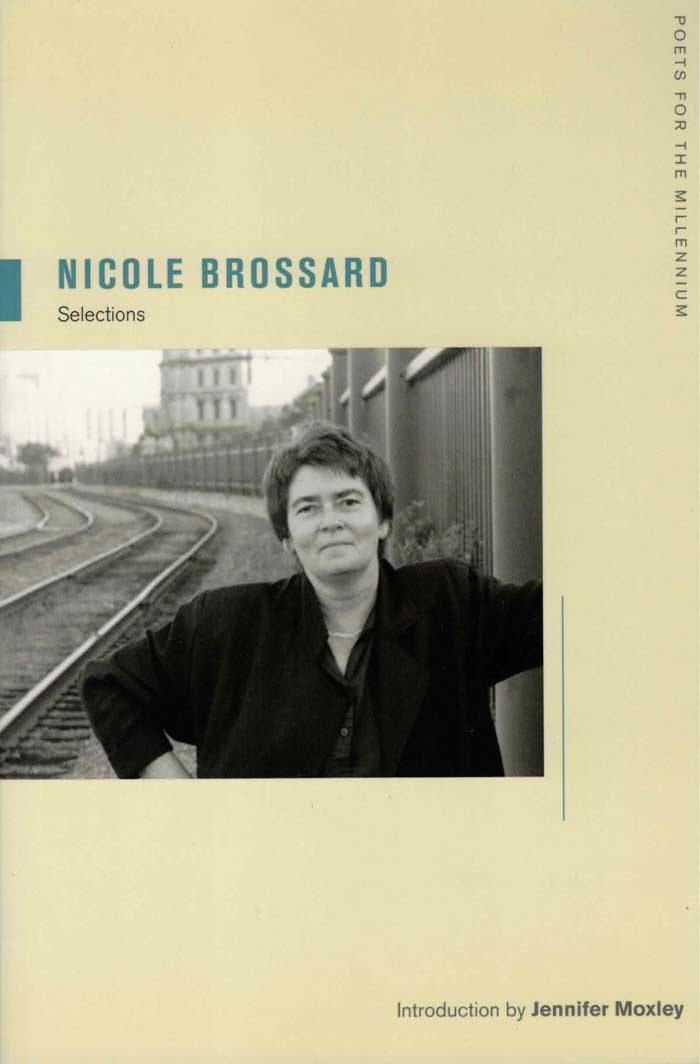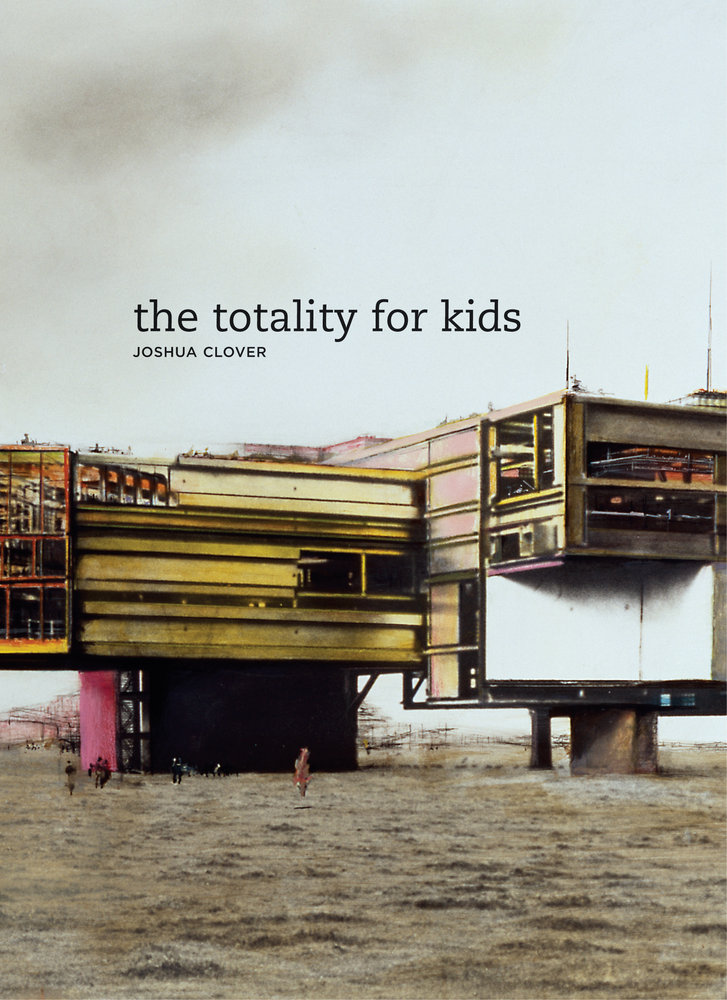
University of California Press
Exilee and Temps Morts: Selected Works
In her radical exploration of cultural and personal identity, the writer and artist Theresa Hak Kyung Cha sought "the roots of language before it is born on the tip of the tongue." Her first book, the highly original postmodern text Dictee, is now an internationally studied work of autobiography. This volume, spanning the period between 1976 and 1982, brings together Cha's previously uncollected writings and text-based pieces with images. Exilee and Temps Morts are two related poem sequences that explore themes of language, memory, displacement, and alienation—issues that continue to resonate with artists today. Back in print with a new cover, this stunning selection of Cha's works gives readers a fuller view of a major figure in late twentieth-century art.
"Mastery over language that was borrowed, that was not her mother tongue, enabled Theresa Hak Kyung Cha to empathize with her viewer (her distant audience) as powerfully as any artist I know. In Exilee and Temps Morts I listen with fascination as her tongue exercises furtively and nimbly, convincing me that Cha would have been the exemplary artist of identity had she lived another ten years."—Byron Kim, artist
Theresa Hak Kyung Cha (1951-1982) was a poet, filmmaker, and artist who earned her BA and MA in comparative literature and her BA and MFA in art from the University of California, Berkeley.







